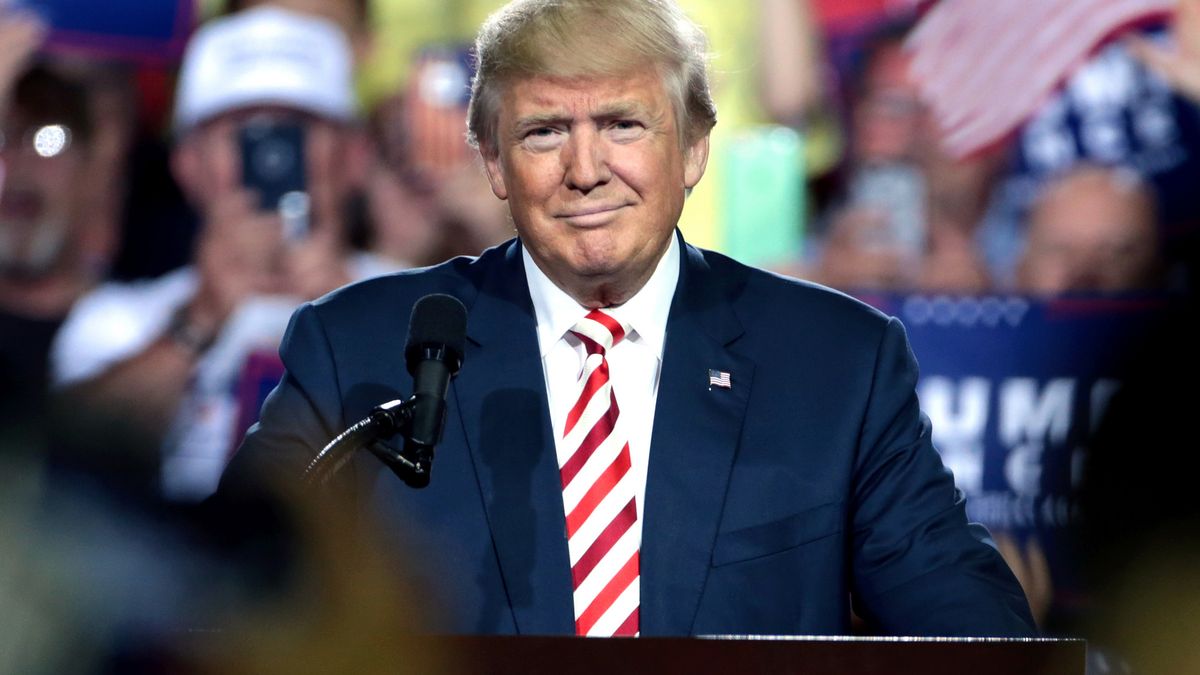Dive Brief:
- A survey of 312 marketing and advertising agency executives conducted by MediaPost found that, while 47% of marketers believe President Donald Trump’s administration will be better for them "professionally," just 32% of agency executives felt the same way.
- A separate report in Digiday suggests many brands and their agencies are being more cautious when approaching Trump-related news. Digiday outlined the two typical types of advertisers — those who are comfortable running ad campaigns around politics and news and those who aren’t — but noted some may be being even more cautious with the Trump Administration, with clients citing issues like "moral obligations."
- "Now, we’re seeing a third category," an unnamed media buyer told Digiday. "We have advertisers in news and politics who are sitting out for inauguration news and for Trump news. Now that there’s just one guy left, you can’t even pretend you’re speaking to everyone."
Dive Insight:
President Trump’s tricky relationship with marketing was apparent well before last week's inauguration and, now that his administration has officially transitioned into the White House, the picture only appears to be getting muddier. As Digiday notes, Trump presents a bit of a "Catch 22" situation for brands and advertisers, at once drawing a consistently large audience but also proving to be an incredibly divisive figure. That division will likely only amplify with his raised profile and influence as president.
For brands, the sheer reach of Trump-related media may sound appealing — a source noted to Digiday that everyone, regardless of politics, needs to buy basic products like toilet paper — and a measure of optimism on the part of marketers is reflected in the MediaPost survey. Consumers have also shown positive feelings following Trump’s election, as the Consumer Confidence Index recently reached hit its highest point since before the recession.
But while confidence may be surging in some sectors, actual associations with Trump remain damaging for many brands, and marketers and their media buyers appear to be more cautious than ever in approaching Trump content, as the Digiday report highlights. Major ad industry figures including WPP’s Martin Sorrell, along with top execs at Publicis and GroupM, have suggested uncertainty around Trump will cause an overall slowdown in ad spending, at least for the early part of this year.
Digiday even suggested that fresh focus may be put toward ad tech solutions that granularly filter out Trump going forward. Brands have been in a bit of a scramble post-election to get a better handle on their media blacklists and whitelists, in part thanks to revelations over the widespread prevalence of fake news or sites that otherwise host highly divisive, politically charged content.
Outside of whether Trump-related media align with brand values, there are broader regulatory considerations to factor into a Trump presidency that will inevitably affect marketers and ad agencies. Tom Wheeler, the chairman of the FCC, is in the process of leaving the agency with Trump's transition into the White House, and many have suggested his departure signals a likely end for net neutrality. The death of net neutrality could open the gates to practices like bandwidth throttling again, which degrade the online experience, frustrating consumers and potentially stoking the adoption of technology like ad blockers.













